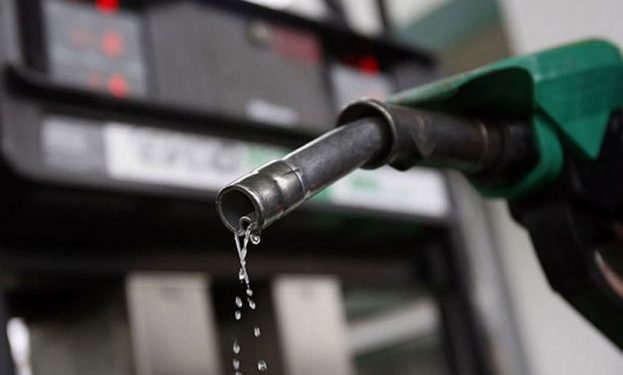Nigeria’s daily petrol consumption has dramatically dropped by 92% since President Bola Tinubu assumed office on May 29, 2023. Data from the Nigerian Midstream and Downstream Product Regulatory Authority (NMDPRA) revealed that daily consumption fell from 60 million litres in May 2023 to just 4.5 million litres by August 2024.
An analysis of the NMDPRA’s August 2024 report shows that out of Nigeria’s 36 states, only 16 received petrol allocations from the Nigerian National Petroleum Company Limited (NNPCL), leaving the remaining states facing severe fuel shortages.
The top recipients were Niger State, which received the highest allocation of 21 trucks, amounting to 940,000 litres daily, followed by Lagos with 12 trucks (726,001 litres), and Kaduna with 12 trucks (454,001 litres). Other states, including Oyo, Kano, Ondo, Kwara, Edo, and the Federal Capital Territory (FCT), also received allocations. However, several states, such as Sokoto, Ogun, Osun, Gombe, Benue, Ekiti, and Kebbi, only received minimal quantities, further exacerbating the fuel scarcity.
The sharp decline in fuel consumption follows President Tinubu’s decision to end Nigeria’s long-standing fuel subsidy, which had cost the country N12 trillion over the past decade. The removal of the subsidy sent petrol prices soaring from N195 per litre to about N1,300 per litre, triggering inflation. Headline inflation peaked at 34.19% in June but has since eased slightly to 32.7% by September 2024.
However, the rising cost of living has pushed 129 million Nigerians into poverty, according to the World Bank, which highlights that poverty levels have surged from 40.1% in 2018 to 56% in 2024. The World Bank attributes this increase to inflation outpacing economic growth, diminishing the purchasing power of Nigerians. “Since 2018, an additional nearly 35 million people have fallen into poverty,” the report noted.
The impact of the economic hardship is visible in everyday life, as many Nigerians have abandoned their fuel-hungry vehicles. Emmanuel, a 72-year-old retired health worker, shared his experience: “I parked it at my son’s house. I use public transport now. It’s not convenient, but it’s what the economy demands.” Car dealers in Lagos and Abuja confirmed a growing trend of people trading their large vehicles for more fuel-efficient options, but even the demand for these vehicles has significantly declined due to high petrol prices.
With Nigeria’s economy struggling to keep up with inflation, the fuel crisis and its ripple effects continue to pose serious challenges for both businesses and citizens alike.










